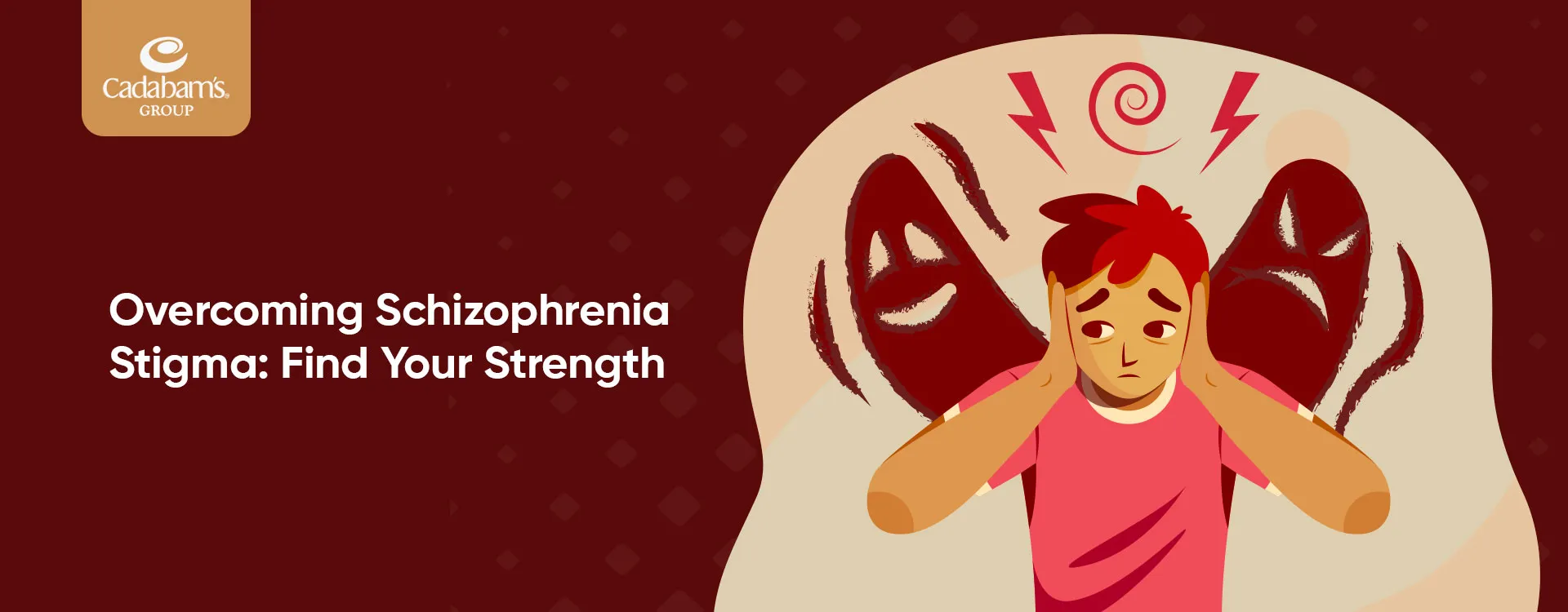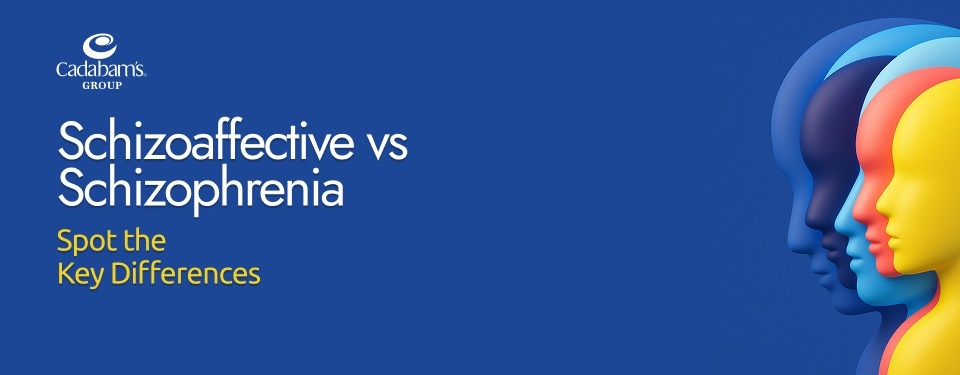Schizophrenia is a mental disorder that was identified more than a century ago. Schizophrenia is a mental disorder that disrupts the normal functioning of the human brain, resulting in a variety of psychotic symptoms such as hallucinations, delusions, abnormally disorganized behavior, irritability, isolation, etc. But the exact cause of this condition remains to be a mystery- which is probably why it is one of the most stigmatized of all other mental illnesses today. The dehumanizing stigma attached to schizophrenia often resists people from seeking help.
Especially in a country like ours where psychotic episodes are considered evil or demonish- talking about the stigma attached to these disorders becomes critical. Education and awareness are more important and necessary for the people around the patient- their parents, caretakers, friends, their communities, etc. to erode the stigma attached and encourage people to opt for legitimate medical help and treatments. The act of overcoming stigma in mental health is a long and arduous process but is an important one.
What causes the stigma around schizophrenia?
People with schizophrenia are often perceived as dangerous as their symptoms are more behavioral than physiological. But in reality, they are much more likely to be the victims of violence than the perpetrators. People have a general idea of insanity when they hear about schizophrenia or psychotic disorder. Most people visualize schizophrenia patients to be seeing things, hearing voices, or engaging in violent behavior. Well, that is not true as not everyone turns into a maniac once diagnosed with schizophrenia. The basis of all the stigma is discrimination and fear of being judged or isolated.
People with mental disorders not just face discrimination at schools, colleges, or jobs, but also at home or among friends, and in relationships. Instead of being understood and welcomed they often get mistreated for being ‘different’ or ‘not normal’. The lack of dialogue and normalization around mental health disorders especially ones like schizophrenia only fuels the stigma and fear associated with the illness.
Unemployment: a repercussion of the stigma
This might come across as a shocking truth- most people with schizophrenia or any other mental health disorder come across as normal functioning people. Most people are seeking help from doctors, psychiatrists, and therapists and unlike how most people think- they are not insane and very capable to work. But most people with mental disorders are deprived of good jobs, even if they check every criterion in the hiring process. This bias again stems from the preconceived notions around the illness.
What’s even shocking is that not only the people suffering from schizophrenia but their caretakers or family members also experience the brunt of the stigma. Lack of understanding and awareness often sprouts misconceptions around mental disorders- as a result of which the entire family of the patient suffers. The social unacceptance towards schizophrenia and many such mental health disorders makes it further difficult for a person with schizophrenia to parallelly lead a normal life and get treatment.
It’s about time we change: break the mental barrier
There have been significant efforts being taken toward starting a dialogue around schizophrenia. However, it still needs to be sensitized among common people- something we are now seeing with bipolar disorder, anxiety disorder, and depression. People need to know what lies beyond the illness to let go of the fear and stigma attached to it. They need to be told that leading a normal life is very much possible even when diagnosed with schizophrenia. It’s the approach that needs to change now and the stereotypical narrative that movie characters have painted in our minds.
What can you do?
Sadly the weight of taking the initiative and creating awareness majorly lies in the hands of those who are dealing with the illness. Unfortunately only you and your close ones are the only people who understand the discrimination you experience daily. However, you are not completely alone in this. Many health organizations and social groups are taking it upon themselves to raise awareness about 'living with schizophrenia’. And every initiative you take- something as small as sharing your experiences can help many.
Here are some simple yet effective ways to tackle the stigma:
Educate yourself and others
If you are someone who has been diagnosed with schizophrenia or you are associated with someone who has been, then the first step is to educate yourself about it. Talk to a doctor or therapist and seek guidance. Listen to others’ experiences and learn from them. On the other hand, discussing your symptoms and experiences is equally important.
Don’t let the self-doubt creep in
Schizophrenia can be a difficult mental disorder to live with- more so because of the inhuman stigmatization. In such times it’s important to remember that you are way above your illness. The way you associate with your mental health is going to be replicated by others. It’s important to hold on to your self-esteem and not judge yourself.
Don’t hide or isolate
Talking about your mental health issues is a vulnerable situation to be. But that’s the only way to normalize people’s approach towards you. Hiding your mental condition and isolating yourself only makes more room for judgment and discrimination. Start slow and talk to the people you trust. You’ll soon develop your confidence in talking about schizophrenia more openly to people you meet.
Sensitize your school, college, workplace
A lot of people with schizophrenia have experienced bullying, teasing, and even violence at schools, colleges, and offices only due to a lack of awareness. The caretakers and family members must ensure that they sensitize the social setting of the person dealing with symptoms of schizophrenia . Approach the senior authorities and request them for assured safety and a non-judgmental working or learning environment.
Share your experiences
This is the single most important and probably the most difficult thing that’s can change how society views schizophrenia and other mental disorders. Narrate your experiences and how you lead a good life while dealing with schizophrenia. This will not only encourage people like you to voice their experiences but your first-hand experiences will enlighten people and rid them of the misconceptions they have about schizophrenia.
FAQs
- How to reduce the stigma of schizophrenia?
Ans. Reducing the stigma around schizophrenia is a journey that includes regular sensitization, sharing your experiences, reducing isolation, and increasing awareness. - Who can treat schizophrenia?
Ans. Schizophrenia is a mental health condition that needs assistance. A mental health professional like a psychiatrist, psychologist, therapist, or others can help with long-term recovery and also help deal with the stigma associated with the disorder.
.webp)







